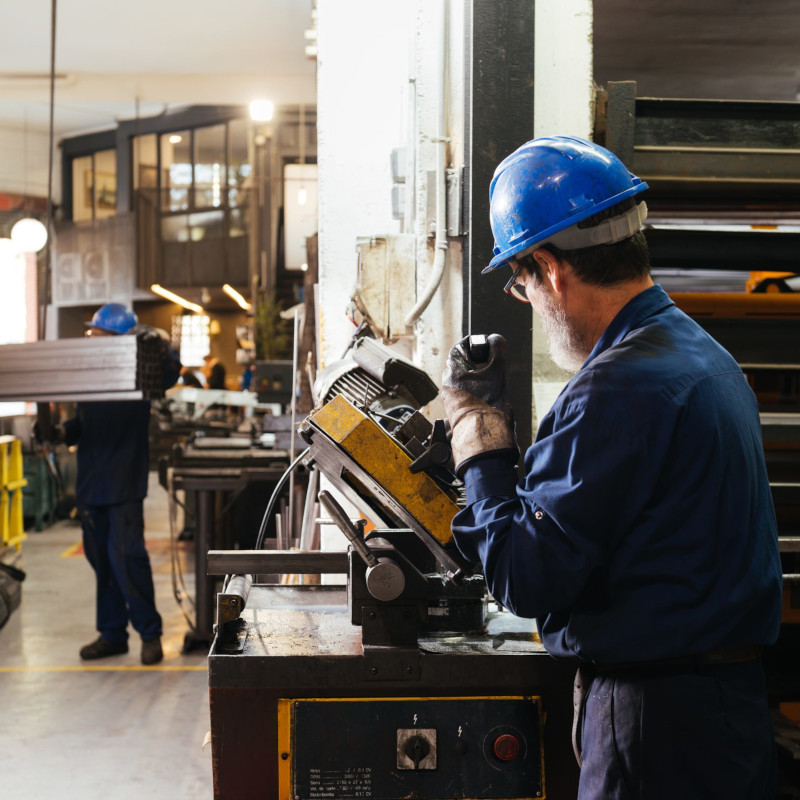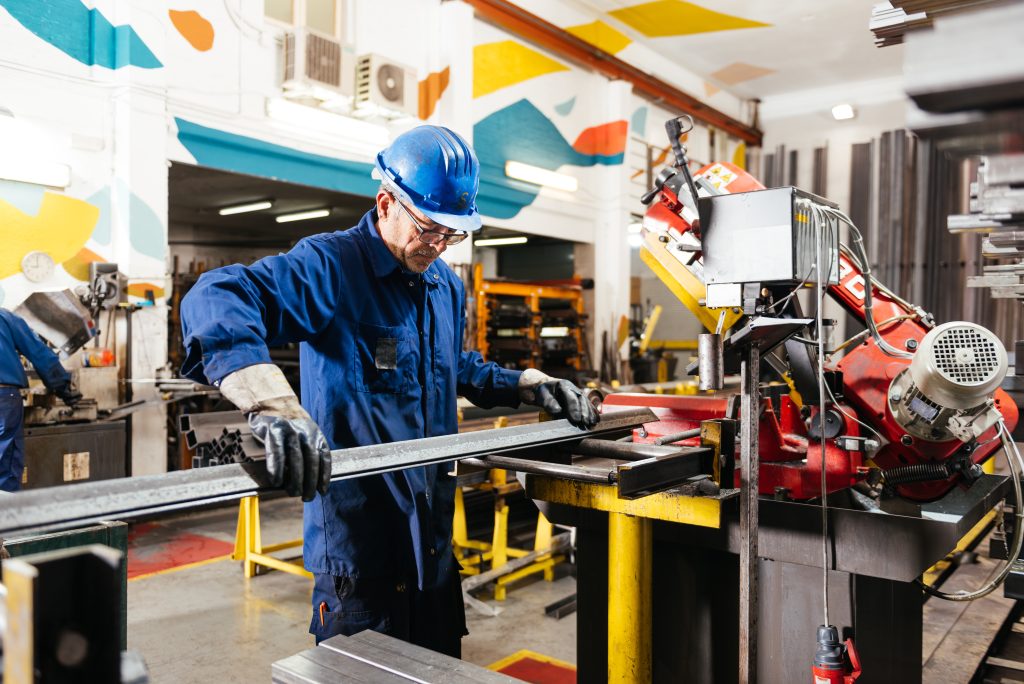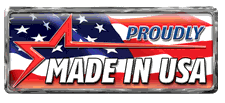What is the Difference Between a Power Press and a Hydraulic Press?
Power and hydraulic presses are both workhorse tools in the manufacturing world, each bringing unique strengths. At Magnum Press, we deeply understand both types, crafting top-quality hydraulic presses and automation solutions tailored to diverse needs.
Understanding the Core Differences: Mechanical vs. Hydraulic Power
Power presses, also known as mechanical presses, harness the power of an electric motor or flywheel. This rotational energy gets translated into linear motion, creating a swift, powerful downward stroke. This rapid action makes power presses the champions of high-speed production lines, churning out products with remarkable efficiency. They are known for their impressive production speed and easy handling of mass production.
In contrast, hydraulic presses operate on the principles of hydraulic fluid mechanics. Hydraulic fluid, pressurized by pumps, flows into hydraulic cylinders, creating the fluid pressure needed to move the ram and exert pressure on the workpiece. This hydraulic fluid system allows for exceptional precise control over the pressure, speed, and stroke length of the press. This adaptability makes hydraulic presses a versatile tool in industries where precise operations and the ability to work with a wide range of materials are essential.

Why Choose Magnum Press for Your Press Needs?
Magnum Press has built a solid reputation for a manufacturing high-quality hydraulic machine, and we take pride in offering a wide variety of standard and custom solutions.
Our engineers work closely with you to understand your specific manufacturing requirements and design presses that optimize your production processes. Whether you’re in the automotive industries or any other sector requiring industrial applications, we have the expertise to deliver the right press for your needs.
Benefits of Choosing the Right Press Type
Power Press Machines: Ideal for rapid, repetitive tasks, these presses feature simpler mechanical linkage systems that allow for easier setup and maintenance. Their ability to perform high-speed operations enhances production efficiency and reduces cycle times.
Hydraulic Press Machines: These presses offer exceptional control and versatility with adjustable pressure and stroke length, making them suitable for intricate forming and bending processes. They can handle a wider range of materials, enhancing operational flexibility.
Power Press Machines: Typically, power presses have lower initial investment and maintenance costs compared to hydraulic presses. Their straightforward design leads to reduced upkeep expenses, making them a cost-effective choice for specific applications.
Hydraulic Press Machines: Although they have a higher initial cost, hydraulic presses can result in significant long-term savings. Benefits such as reduced scrap, improved product quality, and the capability to perform multiple operations on a single machine can outweigh the initial investment.
Power Press Machines: Best suited for applications where precision is less critical, power presses excel in tasks that require high-speed repetition. Their simplicity is an advantage in scenarios where complex forming is not required.
Hydraulic Press Machines: These presses provide superior precision and can manage complex forming operations with ease. They are capable of working with a broad spectrum of materials, from delicate electronics to heavy-duty metals, ensuring high-quality output across diverse applications.

Industry-Specific Applications
Both mechanical presses and hydraulic presses have found their niche in various industries:
Automotive Industries
Mechanical presses are often the go-to choice for high-volume stamping of body panels and other components. Hydraulic presses, on the other hand, are used for tasks like deep drawing and forming.
Electronics Manufacturing
Hydraulic presses are commonly used for delicate operations like inserting pins and connectors, where controlled hydraulic pressure is crucial to avoid damage.
Aerospace
The aerospace industry relies on the precision of hydraulic presses for forming complex parts and components with intricate shapes.
Need Help Deciding Which Press is Right for You?
Ultimately, the decision between a power press and a hydraulic press comes down to your specific requirements. Consider factors like production volume, material types, maintenance costs, complexity of operations, budget, and desired level of control.
A power press might be the ideal choice if your operations involve high-speed, repetitive tasks and prioritize production speed. However, if you need versatility, precise control over pressure and stroke, and the ability to work with various materials, a hydraulic press from Magnum Press could be the key to unlocking your manufacturing potential.
Don’t hesitate to contact Magnum Press today. Our experts are ready to help you explore the best press solution for your unique needs and elevate your manufacturing capabilities to new heights.


